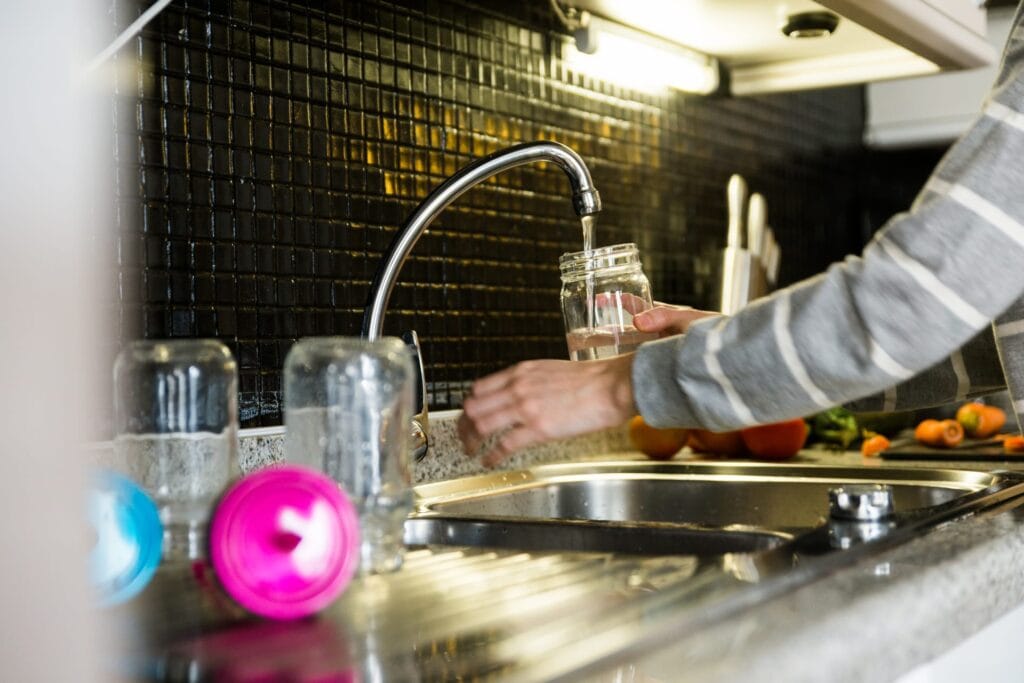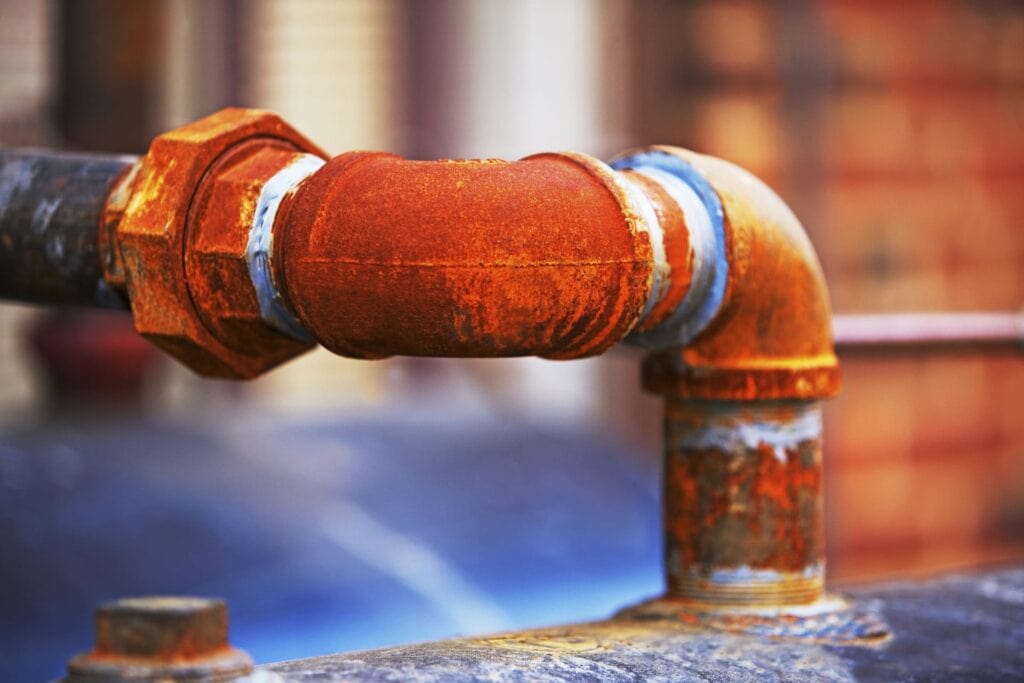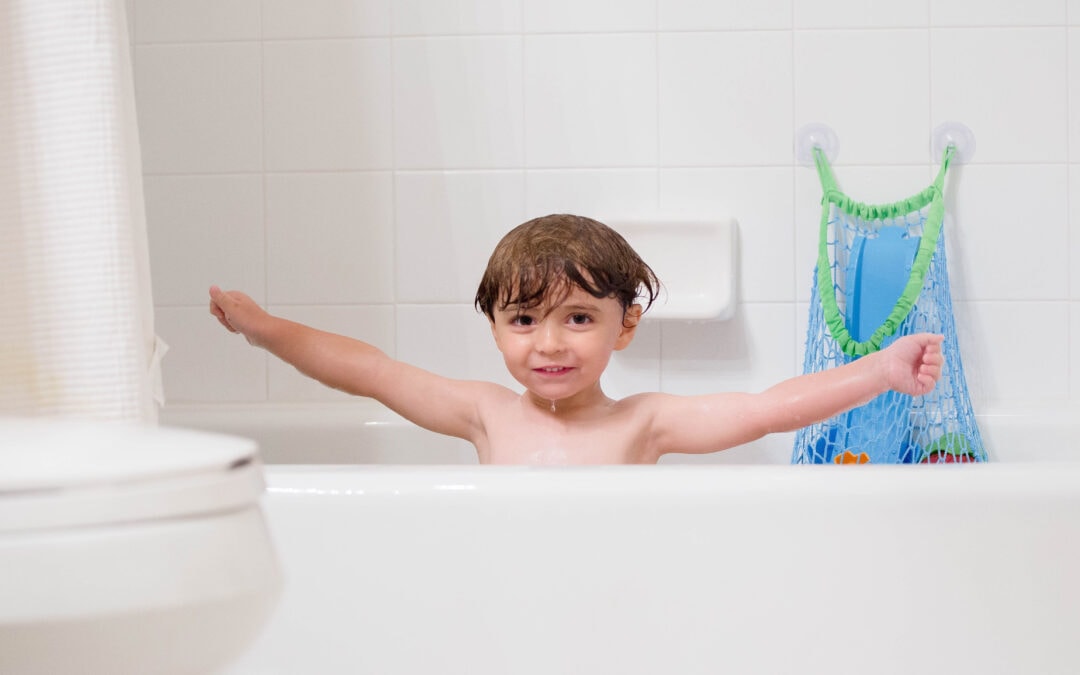Taking care of your plumbing system is essential to avoid unexpected repairs and costly damage to your home. Whether it’s keeping an eye on water pressure or simply using the drains the right way, small steps can go a long way toward maintaining a healthy plumbing system. Ignoring basic upkeep can lead to clogged drains, leaks, and in extreme cases, significant water damage. A little effort now can save homeowners from dealing with bigger problems down the road.
Maintaining your plumbing system effectively is not hard when you know what to look for and how to prevent common issues from happening. Here’s how you can keep things running smoothly and avoid any major plumbing emergencies in the future.
Maintaining Your Home’s Plumbing System with Regular Inspections
Experience has shown that regular inspections help catch potential plumbing issues before they turn into full-blown disasters. For example, a homeowner once noticed a small leak under the sink during a routine check and had it fixed before it escalated into a significant water bill and mold problem. Having the foresight to inspect your plumbing every few months, or at least once a year, allows you to stay ahead of problems.
Routine inspections should include:
- Checking under sinks for leaks or moisture
- Inspecting the water heater for corrosion or strange noises
- Examining faucets and showerheads for signs of wear or dripping
Regular maintenance helps save on costly repairs and can increase the longevity of your plumbing system.
Proper Use of Drains and Pipes to Prevent Issues
One of the most common causes of plumbing problems is the improper use of drains and pipes. Many homeowners unknowingly flush or dispose of materials down their drains that should not be there. This can lead to blockages and backups, which are often more difficult and expensive to fix than one might expect. Simple habits, like avoiding grease disposal in sinks or using drain covers, can prevent major issues.
To keep drains flowing smoothly:
- Avoid pouring cooking oils or fats down the sink
- Use a drain guard to catch hair and debris in the bathroom
- Only flush toilet paper and human waste—nothing else
Using drains and pipes correctly not only prevents clogs but also ensures that your system operates efficiently.
Why Monitoring Water Pressure Matters
Many homeowners overlook the importance of water pressure, but maintaining it within the correct range is crucial. High water pressure might seem convenient, especially when it feels like your shower has more force, but it can cause long-term damage to pipes, fixtures, and appliances. Conversely, low pressure may indicate a leak or blockage. Installing a water pressure gauge is a simple way to keep an eye on your system.
To monitor water pressure effectively:
- Keep the pressure between 40 to 60 psi (pounds per square inch)
- Check your water pressure monthly using a simple gauge
- If your pressure is too high, consider installing a pressure regulator
Managing water pressure protects your pipes and extends the life of your plumbing system.

Tips for Preventing Clogs in Kitchen and Bathroom
Clogs are one of the most frustrating plumbing issues and can occur in both kitchens and bathrooms. In the kitchen, food scraps, oils, and fats often find their way into drains, while in the bathroom, hair and soap scum are the usual culprits. Preventing clogs is simpler than constantly battling them, and there are practical steps you can take to ensure drains stay clear.
Some easy clog prevention techniques include:
- Scraping food from plates into the trash before washing them
- Running hot water down the drain after using it to wash dishes
- Cleaning out your bathroom drain guard regularly to remove hair buildup
Taking these precautions can save you from the inconvenience and expense of a clogged drain.
Identifying Early Signs of Leaks in Your Plumbing
Plumbing leaks are not always immediately visible. A slow drip or a minor pipe crack might go unnoticed for a while, but it can lead to serious water damage if left unchecked. Identifying leaks early on is key to preventing more extensive damage. Regular checks and being mindful of unusual sounds, such as water running when taps are off, can be a clue that something’s wrong.
To spot potential leaks:
- Listen for running water when all fixtures are off
- Check your water meter for unusual activity when not using water
- Look for unexplained puddles or damp spots in your home
Catching leaks early helps you avoid water damage, mold growth, and higher water bills.
Maintaining Your Water Heater for Optimal Performance
A functioning water heater is vital for any household, yet it’s often neglected until it fails. Regular maintenance can ensure that it works efficiently and lasts for years. Flushing your water heater once a year to remove sediment buildup is a simple yet effective way to maintain it. If left unchecked, sediment can cause corrosion and affect the heater’s performance.
Key maintenance tasks for your water heater:
- Flush the water heater annually to remove sediment
- Check the pressure relief valve to ensure it’s functioning properly
- Monitor water temperature, keeping it at 120°F to avoid scalding and reduce energy consumption
Regular care of your water heater not only extends its life but also keeps your energy bills in check.
When It’s Time to Call Professional Plumbers
While there are many things homeowners can do to maintain their plumbing system, sometimes a professional’s help is necessary. Whether it’s a stubborn clog that won’t go away or a significant drop in water pressure, calling a licensed plumber is often the safest and most efficient way to fix the problem. Professionals have the tools and expertise to handle complex issues.
Call a plumber when:
- You notice sewage backups or persistent clogs
- Water pressure drops suddenly with no apparent cause
- There are signs of extensive water damage or leaks
Knowing when to bring in a plumber can prevent small issues from escalating into costly repairs.
Common Plumbing Problems in New Orleans Homes
Homes in certain areas face unique plumbing challenges, and older homes are often more susceptible to problems like corrosion, poor water pressure, or outdated plumbing systems. Local plumbers report that some of the most frequent calls come from these common issues, which can affect your home if not addressed in time. Paying attention to common signs can prevent these problems from worsening.
Common plumbing issues include:
- Corroded pipes in older homes
- Low water pressure due to mineral buildup
- Roots invading underground pipes
Staying on top of these common problems can help you maintain a functional plumbing system.

Seasonal Plumbing Maintenance Checklist
Seasonal changes can impact your plumbing system, especially if you’re not prepared. Cold weather, for instance, can cause pipes to freeze, while summer may lead to increased water usage and potential stress on your plumbing. Preparing your system for each season can save you from costly repairs down the line.
For seasonal maintenance:
- Insulate pipes during the winter to prevent freezing
- Check outdoor faucets for leaks in the spring and fall
- Monitor water usage during summer to avoid stressing the system
Keeping a seasonal checklist ensures that your plumbing system remains in good shape throughout the year.
Key Takeaways for Maintaining Your Plumbing System
Taking care of your plumbing system is about being proactive. Regular inspections, careful water pressure management, and avoiding improper drain usage all contribute to a healthy system. Homeowners who follow these guidelines can avoid common problems like clogs, leaks, and water damage. Regular maintenance isn’t difficult, but it does require awareness and action.
Frequently Asked Questions
- How often should I have my plumbing inspected?
It’s recommended to inspect your plumbing at least once a year. Regular checks help catch small issues before they turn into big problems. - What causes low water pressure?
Low water pressure can be caused by leaks, clogged pipes, or mineral buildup. A licensed plumber can help determine the cause. - Is it safe to pour grease down the drain?
No, grease should never go down the drain as it can solidify and cause clogs in your pipes. - How do I prevent clogs in my shower drain?
Using a drain guard to catch hair and regularly cleaning it out will help prevent clogs in your shower. - What is the ideal water pressure for a home?
The ideal water pressure is between 40 to 60 psi. Keeping it within this range prevents damage to your pipes and fixtures.

